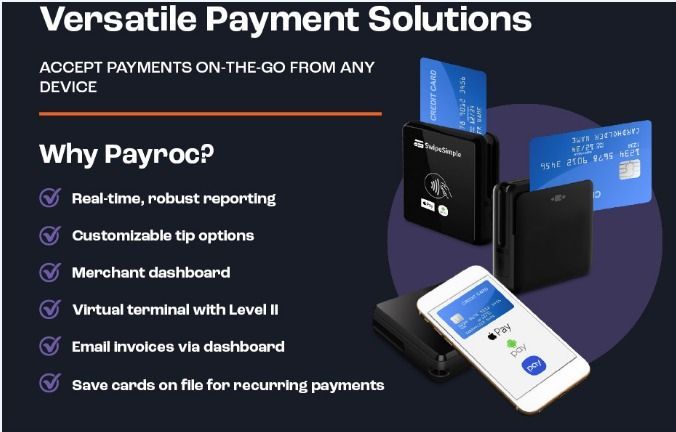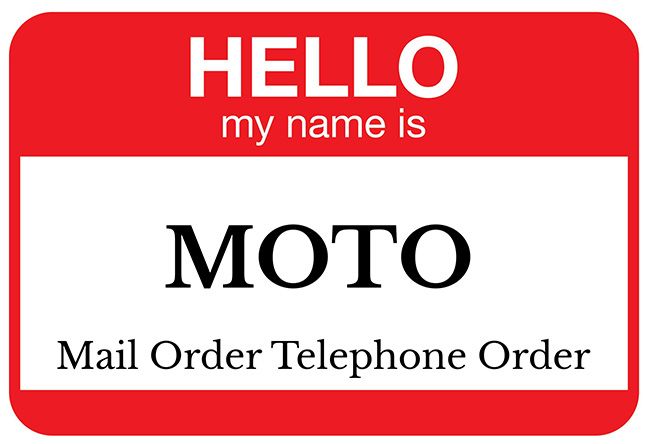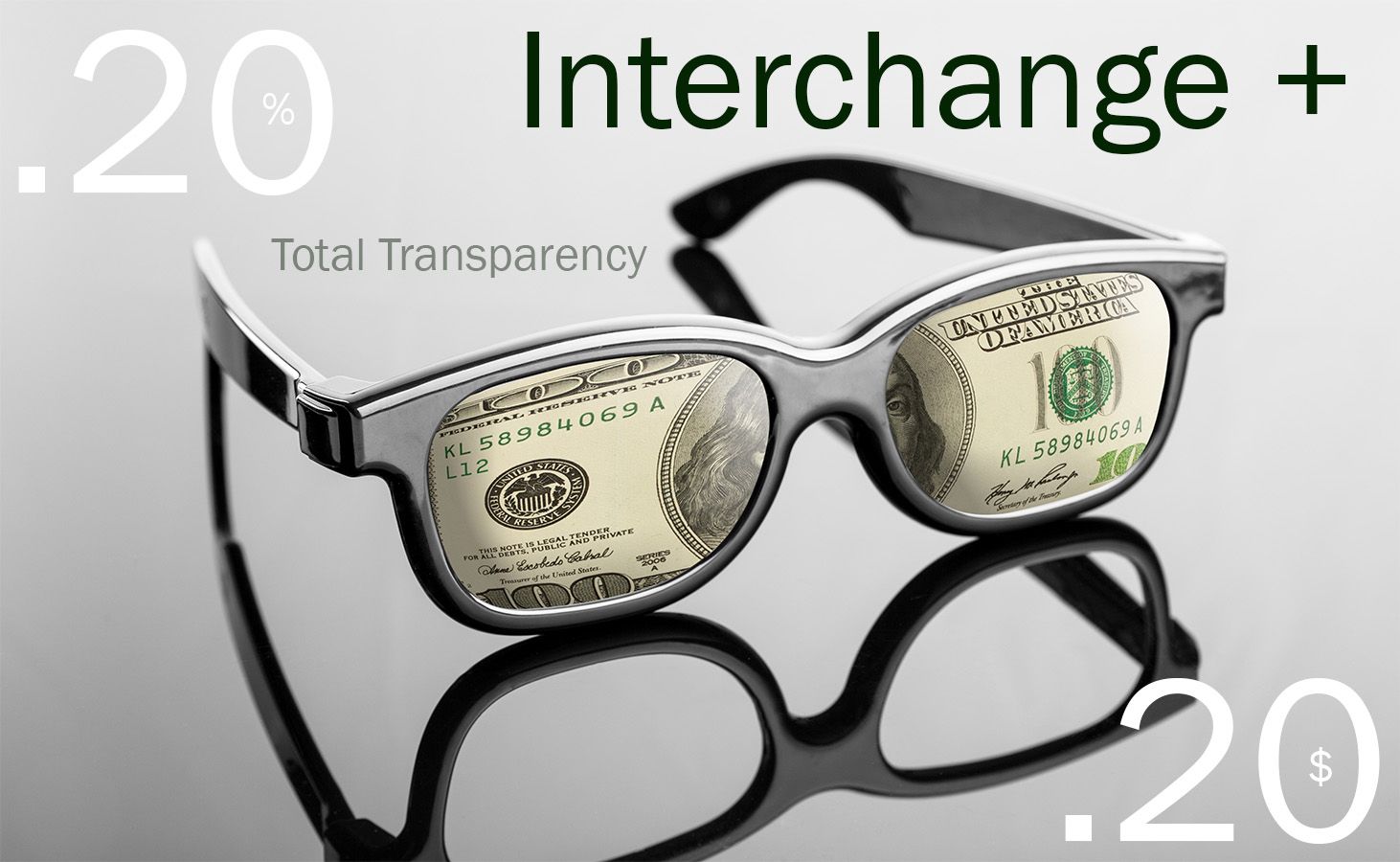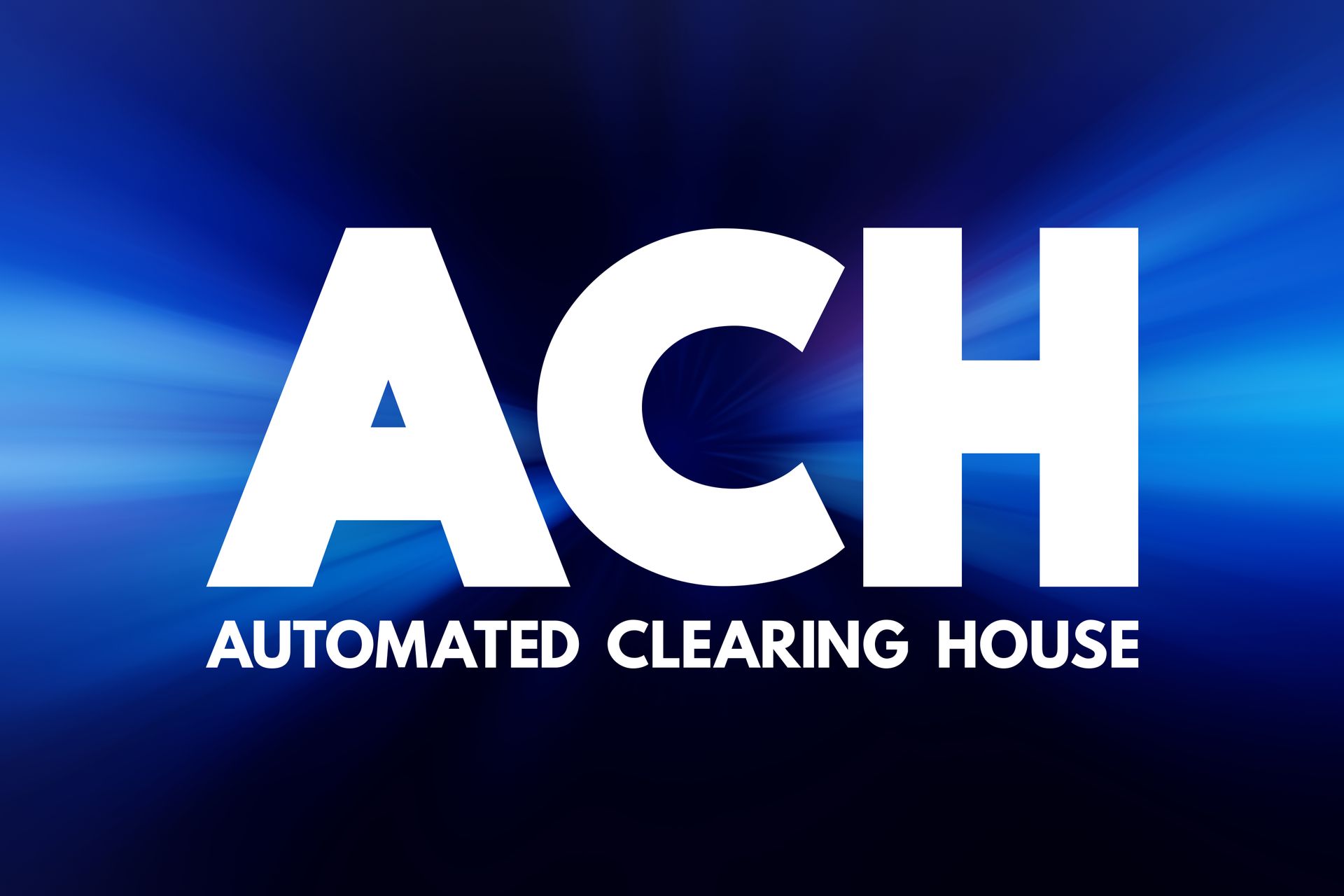Which Credit Card Processing Option is Right for My Business?
WPC Merchant Services & Credit Card Processing
The Two Primary Payment Processing Pricing Options
You might have asked yourself “How do I accept credit cards for my business?”. Most business owners hire third-party card processing merchants to set up card payment services and serve as the middlemen between their business and credit card companies. These merchants typically offer two types of credit card processing pricing options:
● Flat Rate
● Interchange Plus
Flat Rate
Flat Rate pricing is a popular credit card pricing option that charges a fixed transaction amount plus a fixed percentage fee on each transaction. For example, a merchant may charge your business 2.9% discount rate plus .20 cents per item. This type of processing is better for low volume businesses.
Advantages of Flat Rate Pricing
If you opt for Flat Rate pricing, the merchant will charge your business the same rate regardless of the credit card company a customer has used. This means your business can accept all major credit cards without worrying about running into various Interchange Rates in the amount the merchant charges you. This makes it easier to predict how much you will need to pay the card processing merchant.
Disadvantages of Flat Range Pricing
Flat range pricing tends to be relatively expensive compared to the Interchange Plus option. This is because merchants must set their charges high enough to account for the interchange charge variation across various credit card companies. Such pricing allows merchants to process payments for credit card companies with high interchange charges without incurring a loss.
Flat range pricing may be simple, but your business will be paying a relatively high cost for this simplicity.
Interchange Plus
Interchange plus pricing consists of two charge components: The Interchange Rate from the issuing credit card company and small Discount fee and per item charge from the credit card processing company.
This setup means your business will pay different rates depending on the interchange fee the credit card company has set.
Advantages of Interchange Plus Pricing
Interchange Plus pricing is cheaper than Flat Rate pricing. This is because the merchant can vary the total charges based on what the credit card company is charging them.
Your business can also see how much of each payment is going to the credit card company and how much is going to the merchant.
Disadvantages of Interchange Plus Pricing
It can be difficult to predict the total amount your business will need to pay if you opt for Interchange Plus pricing. This is because each credit card company sets its own interchange fee. This can make it tricky to predict what your monthly merchant fees will be at the end of each month.
Why Choose Worldwide Products Corp.?
As you can see, Flat Rate pricing and Interchange Plus pricing both offer distinct advantages and disadvantages for businesses. If you’re looking for the best merchant services in Connecticut, consider reaching out to WPC Merchant Services & Credit Card Processing.
We offer affordable merchant service solutions for small business types with no contracts or hidden fees. Contact us to start accepting credit cards at your business today.
The post Which Credit Card Processing Option is Right for My Business? appeared first on Worldwide Products Corp.
Saving Merchants Thousands, One BLOG at a Time














